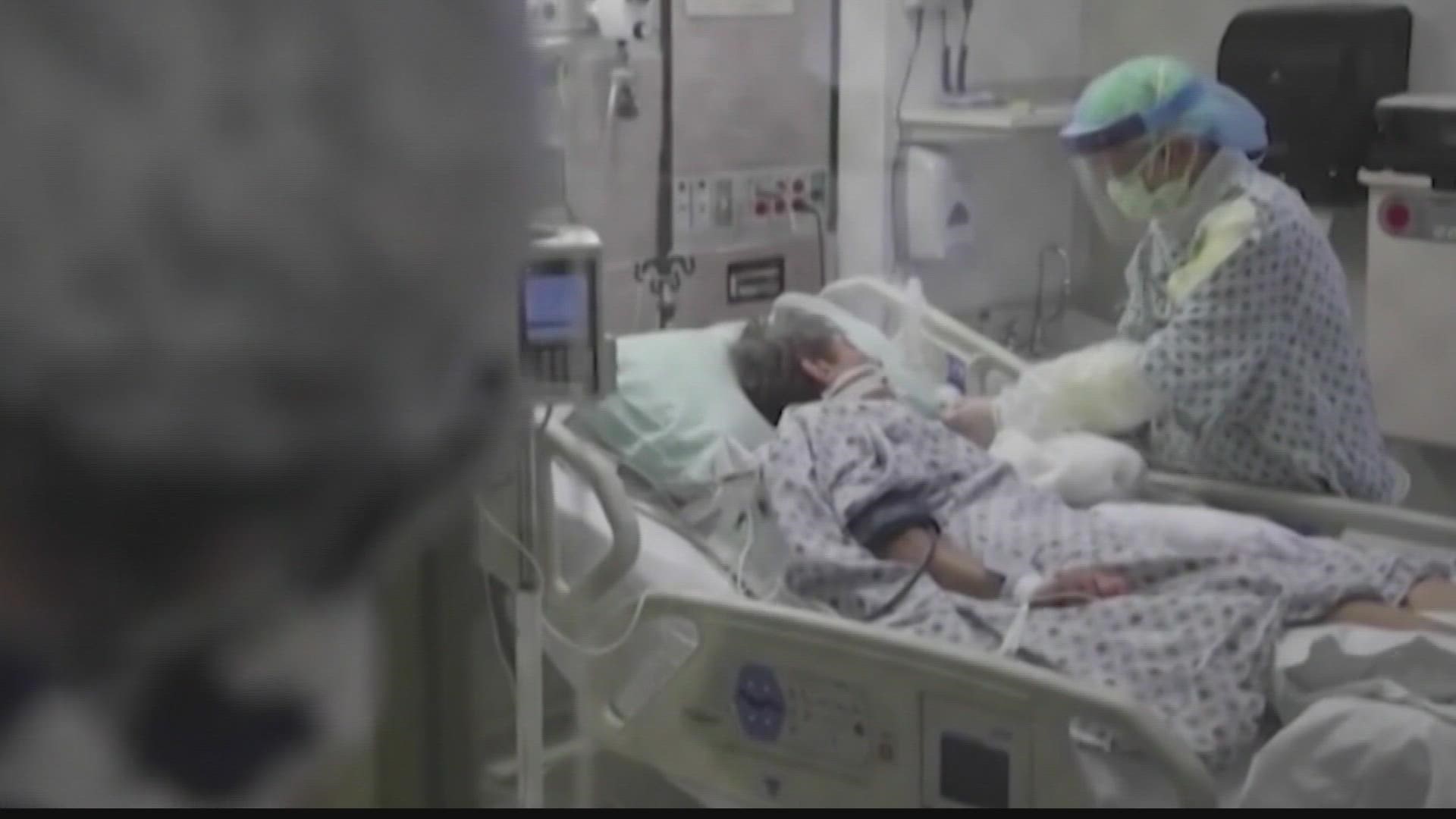HUNTSVILLE, Ala. — The U.S. Department of Health and Human Services (HHS) is changing the way it will distribute monoclonal antibody treatments.
Instead of a state directly ordering the treatments from a manufacturer, they will move to a state-coordinated distribution system.
Local health officials discussed this change at the Huntsville-area COVID-19 briefing on September 15.
"The monoclonal antibodies will go to the state public health department, and then the state public health department just as they distributed vaccines, will distribute these monoclonal antibodies," said Madison County Medical Society President Dr. Aruna Arora.
While this is a cutback, monoclonal antibody treatment will still be available for those of top priority.
"We don't know how much, but we know our allocation will be reduced. So, our response to that: we have already started trying to create prioritization in the system so that the most vulnerable patients receive the monoclonal antibodies. So, we're going to look at the age and comorbidities, how likely you are to be hospitalized and try to make sure that the patients who need it most receive the medication," said Huntsville Hospital CEO Jeff Samz.
This decision is sudden and the exact reason for this has not yet been disclosed but this is a decision made by the federal government.
"It's not so much a supply issue it's just an allocation choice that has been made by the federal government," said Arora.
The health care community is fighting to keep these treatments readily available.
"This is not the time for us to take away a treatment that we know can work for our patients and so we've, you know, at the congressional level we've had people, you know, express our concerns as physicians for the best treatment that is out there for patients who have COVID," said Arora.
Although these treatments have saved the lives of many, experts say they are not a substitute for the vaccine.
"Monoclonal antibodies are here for us if we need the treatment. But really, the only way through this is for us to get the vaccination," said Arora.
Medical professionals are continuing to say that the vaccine is integral to ending this pandemic.
"I know exactly what this virus can do to somebody, I know that some of these people had chronic illnesses and others of these people had never been sick before in their lives," said White House COVID-19 Response Team Senior Advisor for Equity Dr. Cameron Webb.
"I know how anybody can have a really bad outcome with COVID, and that's the reason. When you've seen this up close, when we've seen our colleagues get sick, and sadly, some of our colleagues pass away, and I think it changes your perspective, you know? I must do anything and everything that I can to protect myself."

